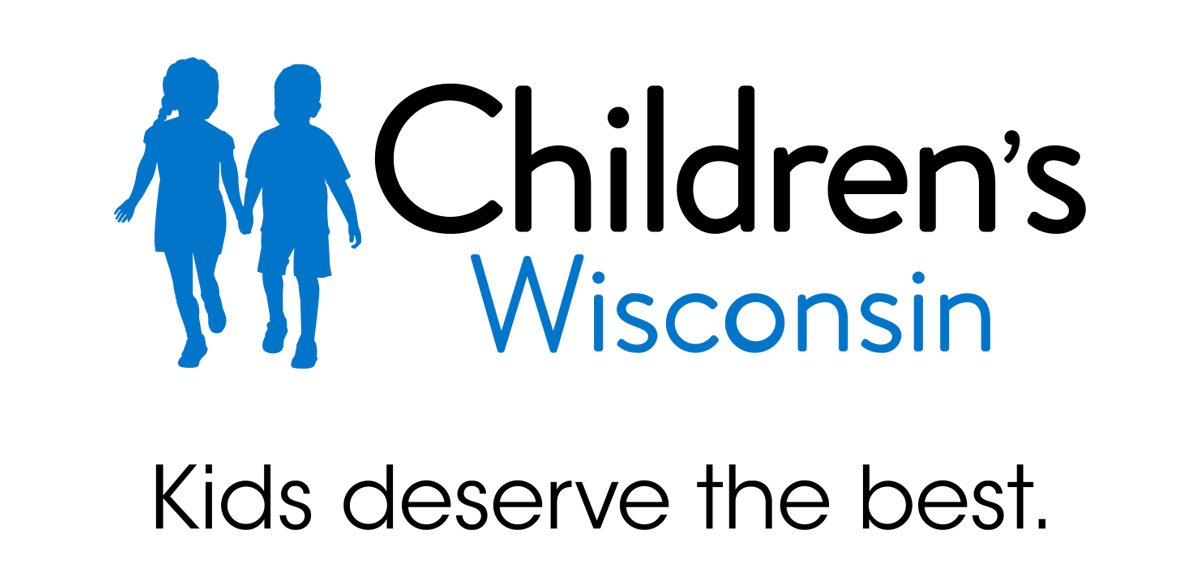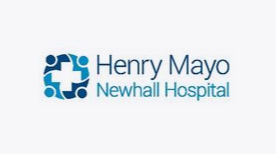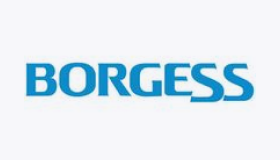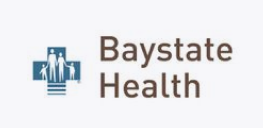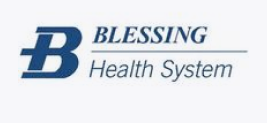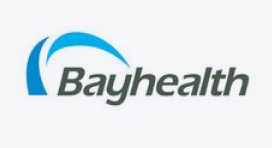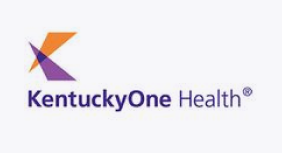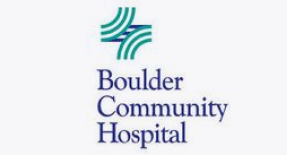May 2, 2022
Patient Story: Patient Financial Assistance of $42,000 for a CML patient
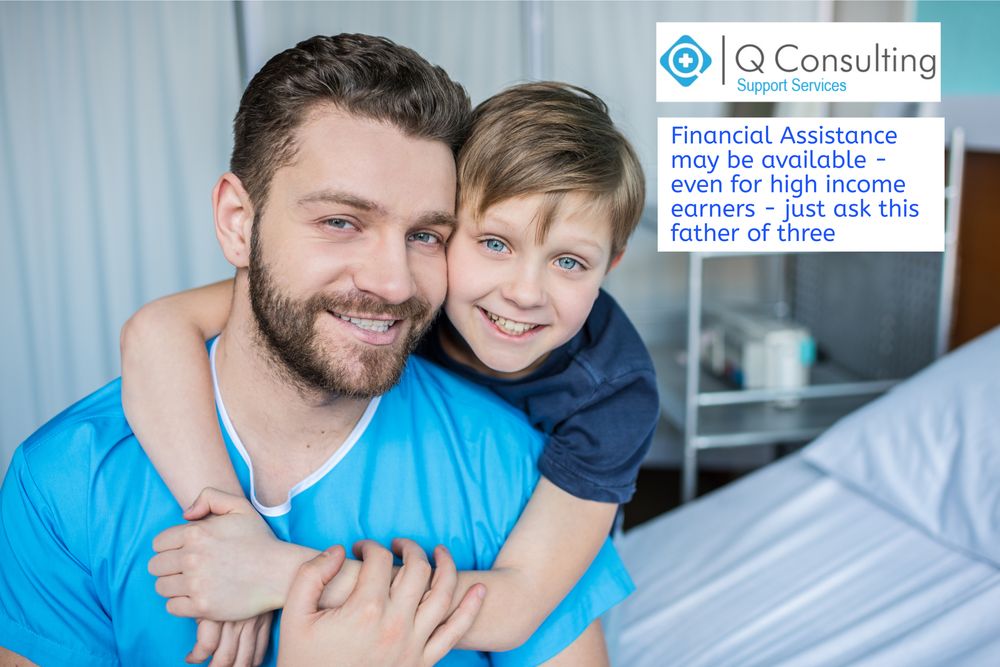
How QCSS was able to help Michael with $42,000 of medication costs
Patient Overview: Michael
Michael is a 50-year-old father of three with a combined family income of over $175,000 per year, who, in October 2020, was unexpectedly diagnosed with Chronic Myeloid Leukemia (CML). Michael had always been a healthy person and was not on any chronic-care medications, so while he had a great insurance plan, he had opted out of prescription coverage.
Upon learning of his diagnosis, Michael immediately enrolled in the insurance plan’s prescription coverage, but it would not become effective until January 2021
Medication & Cost
To Treat Michael’s CML, his Oncologist prescribed a Sprycel, an oral chemotherapy medication with a retail price of $14,130 for a 30-day supply, or, for Michael, a 3-month out-of-pocket cost of $42,390.
Michael was faced with either finding a way to afford his medication, choosing an alternate but less optimal medication, or delay treatment until his prescription plan began. The oncologist felt strongly that the patient begin the medication without delay but also understood the financial burden that it placed on Michael, so he contacted Q Consulting Support Services (QCSS) to help the father of three figure out what options might be available for affording this life-saving treatment.
The drug manufacturer offered a 30-day free trial, so QCSS immediately enrolled the patient into this option.
Challenges to Patient Assistance Program
The biggest hurdle in helping Michael with securing the next two months of medication at a price that he could afford was the combined family income of $175,000 a year. This level was above 500% of the Federal Poverty Level and pushed him outside of the eligibility level for the drug manufacturer’s patient assistance program (PAP).
October’s prescription was taken care of by the 30-day free trial, we QCSS had 30 days to figure out how we would secure November and December’s medication. After speaking with the territory pharmaceutical representative and stating the patient’s case, we learned that the only hope for assistance was through the manufacturer’s patient assistance program, despite his ineligibility
The Final Appeal
Even though the patient did not meet the income qualifications for assistance, we moved ahead with the application. QCSS’s Patient Service Advocate spent hours on the phone with the manufacturer’s PAP explaining the patient’s unfortunate circumstances. The foundation denied the patient’s application and notified us that the only remain would be to file an appeal on the patient’s behalf.
QCSS was transparent with both the patient and the physician throughout the entire process. There was no guarantee that we would be successful, but would do our best and go above and beyond in ensuring that all information about the patient and the financial hardship that would result in treatment was submitted. However, until the final appeal was heard, there was uncertainty if Michael would be able to continue his treatment and we wanted to ensure that both physician and patient were emotionally prepared for another denial.
A Successful Outcome
With this last-ditch option, many more hours on the phone, filling out applications, submitting financial documents, and making the patient’s case to the drug manufacturer, the free medication was approved!
